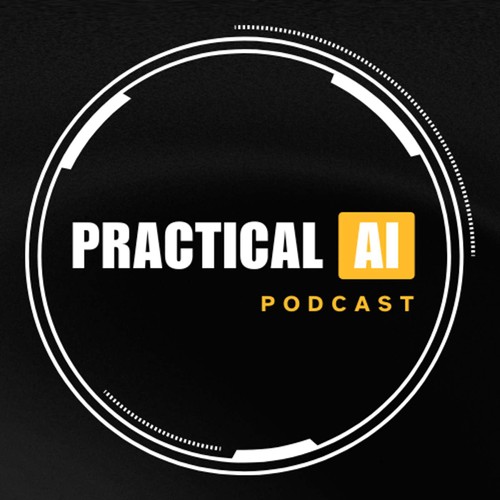
 Practical AI
Practical AI Speech recognition to say it just right
Mar 23, 2020
Catherine Breslin, a solutions architect at Cobalt and former Alexa team member at Amazon, dives into the world of speech recognition. She sheds light on how the technology powers virtual assistants and facilitates transcription. The discussion covers building essential components like lexicons and acoustic models. Breslin also examines challenges like accommodating accents and the future of speech recognition, particularly in enhancing accessibility and multilingual support. Tune in to explore the fascinating evolution of conversational AI!
AI Snips
Chapters
Books
Transcript
Episode notes
Virtual Assistant Pipeline
- Virtual assistants use a pipeline of speech technologies.
- These include speech recognition, language understanding, and text-to-speech.
Dialogue State Management
- Conversational systems must manage dialogue state, tracking user information.
- Current systems struggle with extended conversations and complex language.
Flowchart Conversations
- Older dialogue systems used flowchart-like structures for conversations.
- Modern systems offer more flexibility but still face limitations.





